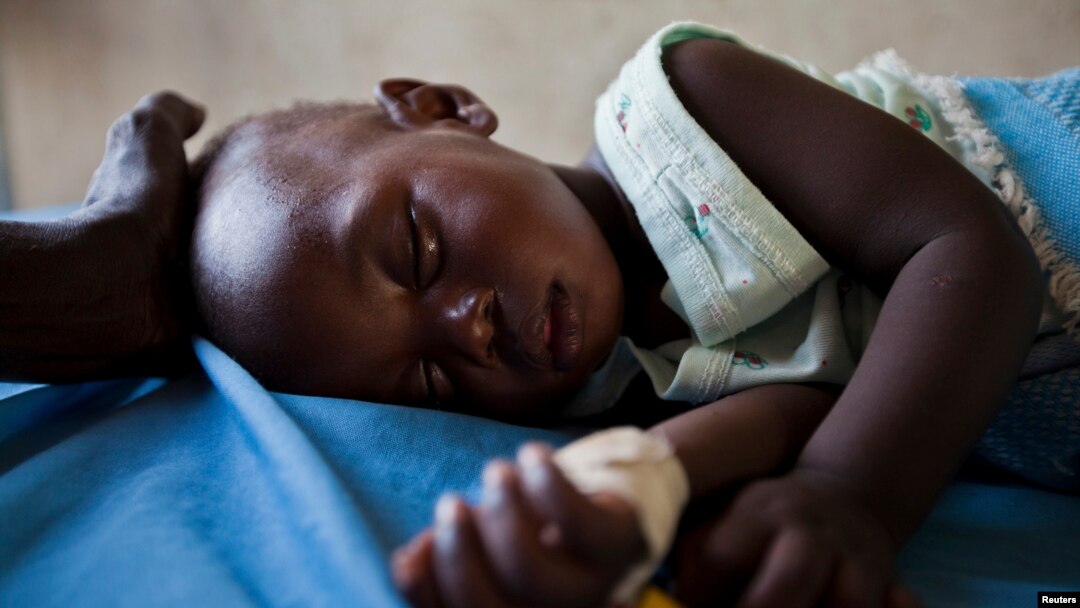Scientists may have hit on a way to prevent the transmission of malaria with a Nobel Prize-winning drug originally developed to treat parasitic illnesses. The drug is called ivermectin, and it's currently being tested in parts of Africa.
Ivermectin has completely revolutionized the treatment of worm diseases like River Blindness and elephantiasis, and could lead to their eradication if it's used effectively.
Now, it appears ivermectin may be effective against the spread of malaria.
Vector biologist Brian Foy of Colorado State University led a study in Burkina Faso that found a reduction in childhood malaria when the drug was given to adults in the region.
“We don’t think this is any sort of magic bullet, but it adds another arsenal to strategies to control both malaria as well as the other neglected tropical diseases, the worms, the parasitic diseases that are in these villages," said Foy.
The ongoing trial involves giving a single dose of ivermectin once every three weeks to the majority of people in four villages.
Small children didn’t receive the drug, but the treatment blocked transmission of malaria in 16 percent of the children, the disease’s main victims.
Foy says ivermectin, even at low levels, is toxic to disease carrying mosquitos. The drug's unique action targets the mosquito, not the parasite that causes malaria. For this reason, researchers in the U.S. and Thailand believe ivermectin might help control transmission of a drug-resistant form of malaria in Southeast Asia.
For now, Foy is cautious about claiming that ivermectin holds the key to stopping malaria transmission. He says more studies are needed.
“Probably in a much bigger area and probably in different places that have different intensities of malaria transmission, and hopefully really prove that this idea is robust and can be used in many different areas," he said.
Since the late 1980s, an estimated one billion doses of ivermectin have been distributed around the world.
Foy, who presented his findings at a meeting of the American Society of Tropical Medicine and Hygiene, wraps up the current trial at the end of next month, before moving on to the next phase of testing.



